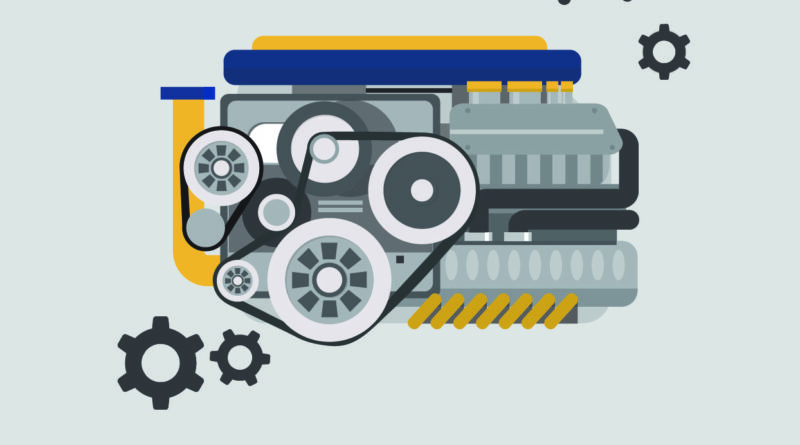Importance of Engine Number Check (s)
This article aims to shed light on the significance of engine number check, exploring what they entail, how to find your engine number, and why this seemingly inconspicuous alphanumeric code holds great importance in the world of automotive ownership. When it comes to understanding and maintaining your vehicle one such crucial identifier is the engine number. Sometimes engines can be replaced and second hand engine fitted even engine number don’t match is not a big deal when driving withing your own country. Engine number becomes a major issue if you planning import or export the vehicle or some specific DVLA. Having different engine you should have proof of purchase and notify DVLA of engine number change. How to do log book check
- What is an Engine Number?
- Definition: An engine number, also known as an engine identification number similar like VIN (Vehicle Identification Number), is a unique alphanumeric code assigned to an individual vehicle’s engine during manufacturing. This code serves as a distinctive identifier, distinguishing your engine from others and providing crucial information about its specifications.
- Location: The engine number is typically located on the engine block, often near the cylinder head or on the engine’s front side. In some vehicles, it can also be found on the VIN plate or sticker under the hood. Book Car Inspection.
- Understanding the Significance:
- Uniqueness: Like a fingerprint for your vehicle’s heart, the engine number is unique to each engine. It helps authorities, mechanics, and car owners trace the engine’s origin, specifications, and history.
- Identification: During vehicle inspections, registrations, or maintenance checks, the engine number serves as a primary means of identifying your vehicle. It ensures accuracy in documentation and assists in preventing identity fraud or vehicle theft.
- Manufacturing Data: The engine number encodes valuable information such as the engine’s manufacturing plant, date of production, and specific features. This data aids in tracking recalls, identifying compatible parts, and assessing the engine’s overall history.
- How to Find Your Engine Number:
- Refer to the Owner’s Manual: The vehicle’s owner’s manual often contains information on where to locate the engine number. It provides guidance specific to your vehicle’s make and model.
- Under the Hood: Lift the hood of your vehicle and inspect the engine block. The engine number is typically engraved or stamped on a flat surface. In some cases, it might be near the cylinder head, on the front side, or close to the transmission.
- VIN Plate or Sticker: Check the VIN plate or sticker under the hood. Some vehicles display the engine number along with the VIN. This plate is usually affixed to the firewall or other visible areas. How to check vin number.
- Importance in Used Vehicle Transactions:
- Verification of Authenticity: When buying or selling a used vehicle, confirming the engine number is crucial for verifying the authenticity of the engine. It ensures that the engine matches the vehicle’s records and prevents the use of stolen or misrepresented parts. However it’s not uncommon to have engine replaced with second hand one. It doesn’t mean engine is stolen. Scrapyards have to verify where they buy scrap vehicles from.
- Preventing Fraud: Engine number checks play a pivotal role in preventing fraud related to vehicle identity. Buyers can cross-reference the engine number with official records to ensure they are acquiring a legitimate and accurately represented vehicle.
- Online Resources and Databases:
- Vehicle History Reports: Utilize online vehicle history report services that may include engine number checks. These reports provide comprehensive details about a vehicle’s history, including any reported accidents, title issues, or odometer discrepancies.
- Government Databases: Some countries or regions have online databases where vehicle owners can verify their engine number or check for any recalls or safety-related issues associated with the engine.
Empowering Vehicle Owners: In the intricate web of automotive details, the engine number stands as a key identifier, enabling vehicle owners to understand, protect, and validate their automotive investments. Regular engine number checks, especially during transactions or maintenance, empower owners with the knowledge needed to ensure the integrity, authenticity, and performance of their vehicle’s vital component — the engine.
Buying a used VW. Buying used vauxhall, BMW, Jaguar, Ford, Volvo, Range rover, Bentley, Aston Martin, Porsche, Ferrari, Lamborghini, Maserati, Hyundai, Tesla, Honda, Pagani

